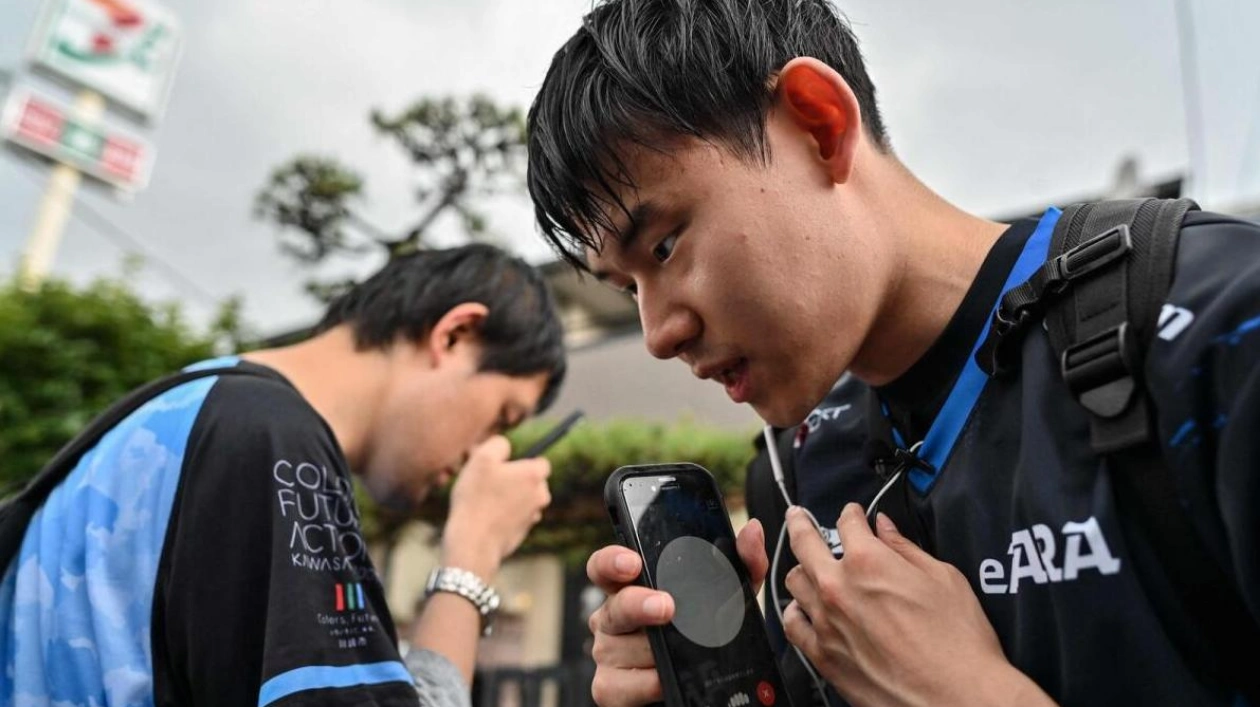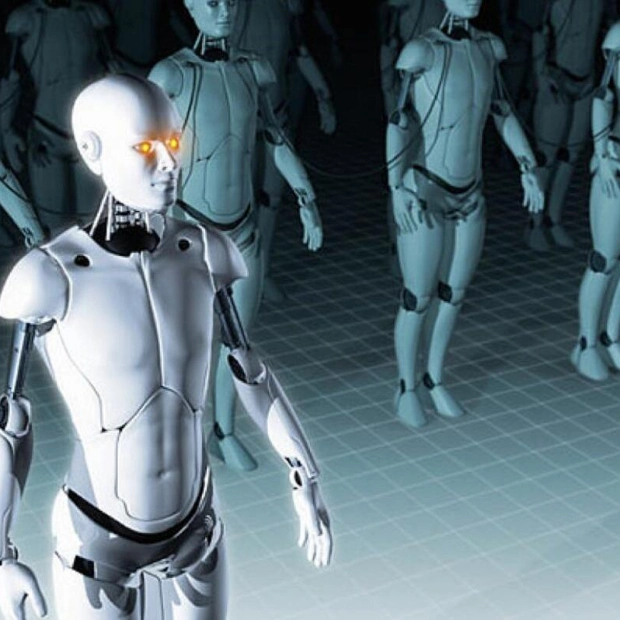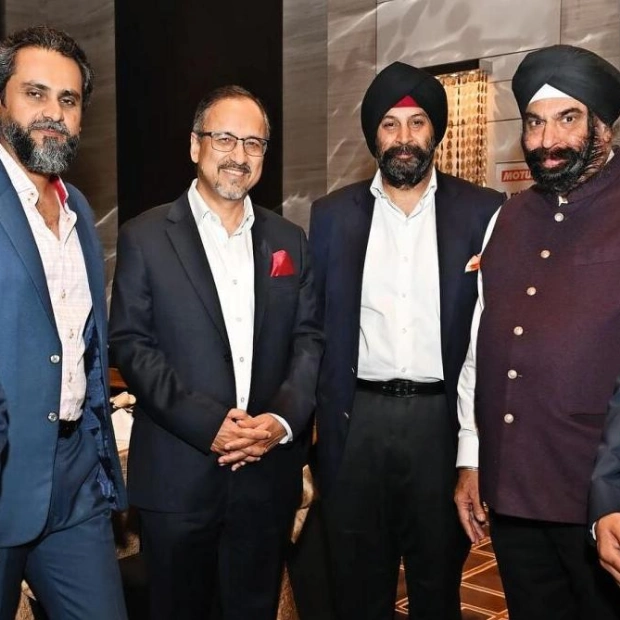Japanese eSports gamer Mashiro, who is blind, frequently depends on a companion to navigate Tokyo. However, he is optimistic that artificial intelligence, recognized as a valuable aid for individuals with disabilities, could enable him to travel independently. The 26-year-old "Street Fighter" player recently tested the latest version of the AI chatbot ChatGPT on his journey to a Para eSports event at a stadium.
"I can't attend an event like this without someone to assist me," Mashiro told AFP. "Sometimes, I just want to move around alone without interacting with others. If I can utilize technology like ChatGPT to create personalized support, that would be fantastic." This year, OpenAI introduced GPT-4o, which can interpret voice, text, and image commands in multiple languages.
Mashiro, whose real name is Masahiro Fujimoto, navigated the streets using tactile paving and a cane decorated with a monkey mascot. As he walked, he conversed with GPT-4o through an earpiece, asking for detailed directions tailored to the blind. The journey, typically 20 minutes for sighted individuals, took Mashiro about four times longer due to several detours. When heavy rain began, he sought assistance from a partially sighted friend to complete his trip.
AI has the potential to offer more tailored support than universal assistive technologies, according to Youngjun Cho, an associate professor at University College London. Cho, who is also affiliated with UCL's Global Disability Innovation Hub, believes AI can significantly enhance independence for many individuals. For instance, AI can provide speech-to-text services for the hearing impaired and assist with resume formatting for those with learning disabilities.
However, Masahide Ishiki, a Japanese expert in disability and digital accessibility, cautions that ChatGPT can sometimes overlook errors due to its natural-sounding responses. The next goal for generative AI is to enhance real-time visual recognition to approach human-like capabilities. Marc Goblot of Tech for Disability also notes that AI is trained on mainstream datasets that do not fully represent diverse perceptions.
Mashiro found the limited recognition of Japanese words and locations by ChatGPT challenging. Despite the fun of the experiment, he suggested that integrating ChatGPT with a mapping tool would have made the journey easier. Last year, he traveled across Europe using Google Maps and assistance from locals. His next adventure is planned for Yakushima rainforest island in southern Japan.






